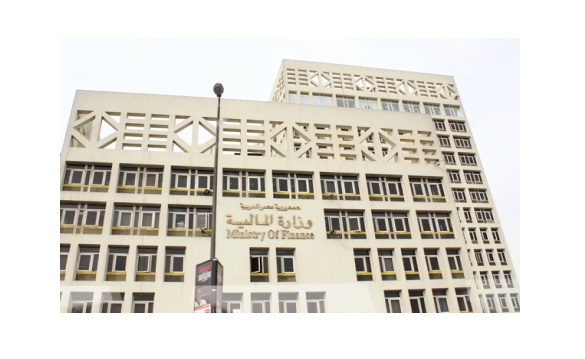Egypt’s parliament approved the state’s 2019-20 budget this week after the budget bill had been discussed in the parliament’s Planning and Budget Committee and put to a final vote on Monday.
The new budget aims to increase the country’s GDP by six per cent, lower the deficit to 7.2 per cent of GDP, down from the 8.4 per cent targeted this year, achieve a primary surplus of two per cent of GDP, and reduce the public debt to 89 per cent of GDP, in preparation to taking it further down to 80 per cent in 2021-22.
Increasing GDP by six percent is possible if more foreign direct investment (FDI) flows into the country, said Radwa Al-Sweify, head of research at Pharos Holding, an investment bank. The targeted GDP is close to Pharos’s forecasts, set at 5.8 percent, for the new fiscal year, she added.
For Alia Mamdouh, a senior economist at Beltone Financial, an investment bank, continuing on the path of constructing national mega-projects, new road networks and investing in the oil and gas sector could raise GDP to the numbers targeted by the government.
Pharos expects the deficit to reach 7.7 percent of GDP this year, Al-Sweify said. The deficit is tied to the government’s ability to control public debt. Lowering the deficit would require increasing revenues and cutting subsidies, she added.
According to Egypt’s agreement with the International Monetary Fund (IMF), the last reform measure under the plan, related to lifting subsidies on fuel, should take place before the end of this month. This will be the third increase in fuel prices since the government signed the IMF deal in 2016.
Mamdouh said the government’s targeted decrease in debt was optimistic, however, as it depends on converting current liabilities to long-term debts. The Ministry of Finance had earlier announced that such a strategy was in the works.
HC Securities and Investments, an investment bank, forecast that GDP would record 5.9 percent of GDP in 2019-20 and 6.3 percent in the following fiscal year.
The value of the pound would remain tied to foreign investment portfolios, it said, attributing the appreciation of the pound against the dollar to growth in the currency carry trade.
The exchange rate of the pound against the dollar would remain stable for the next few months, HC added. The currency will depreciate in the next two fiscal years, and the dollar will record an average of LE17.42 in 2019-20 and LE18.25 in 2020-21, according to HC forecasts.
The budget estimate for the price of the dollar in the new year is close to that made by Beltone’s Mamdouh. She said the dollar would remain within the range of LE16.4 and LE16.5, and that the stability of state revenues in dollars from tourism, exports, and Suez Canal earnings would help the dollar to stabilize.
Parliament’s Planning and Budget Committee approved increasing allocations in the draft budget by LE9.7 billion for several sectors. LE1.5 billion will go to the education sector, LE1.9 billion to health, LE2.5 billion to higher education, and LE1 billion each to transport and population, in addition to other allocations to irrigation, religious endowments, youth, sports, and local administration.
According to the new budget, total public spending is set at LE1.574 trillion, up from LE1.424 trillion this year, recording a 10.5 percent increase. Revenues are put at LE1.134 trillion, with a rise of 14.7 percent on this year’s budget.
The deficit is set at around LE440 billion, with a slight increase on this year’s budget, and equals 7.2 percent of the government’s targeted GDP.
Ahram Online
26/06/2019






















































